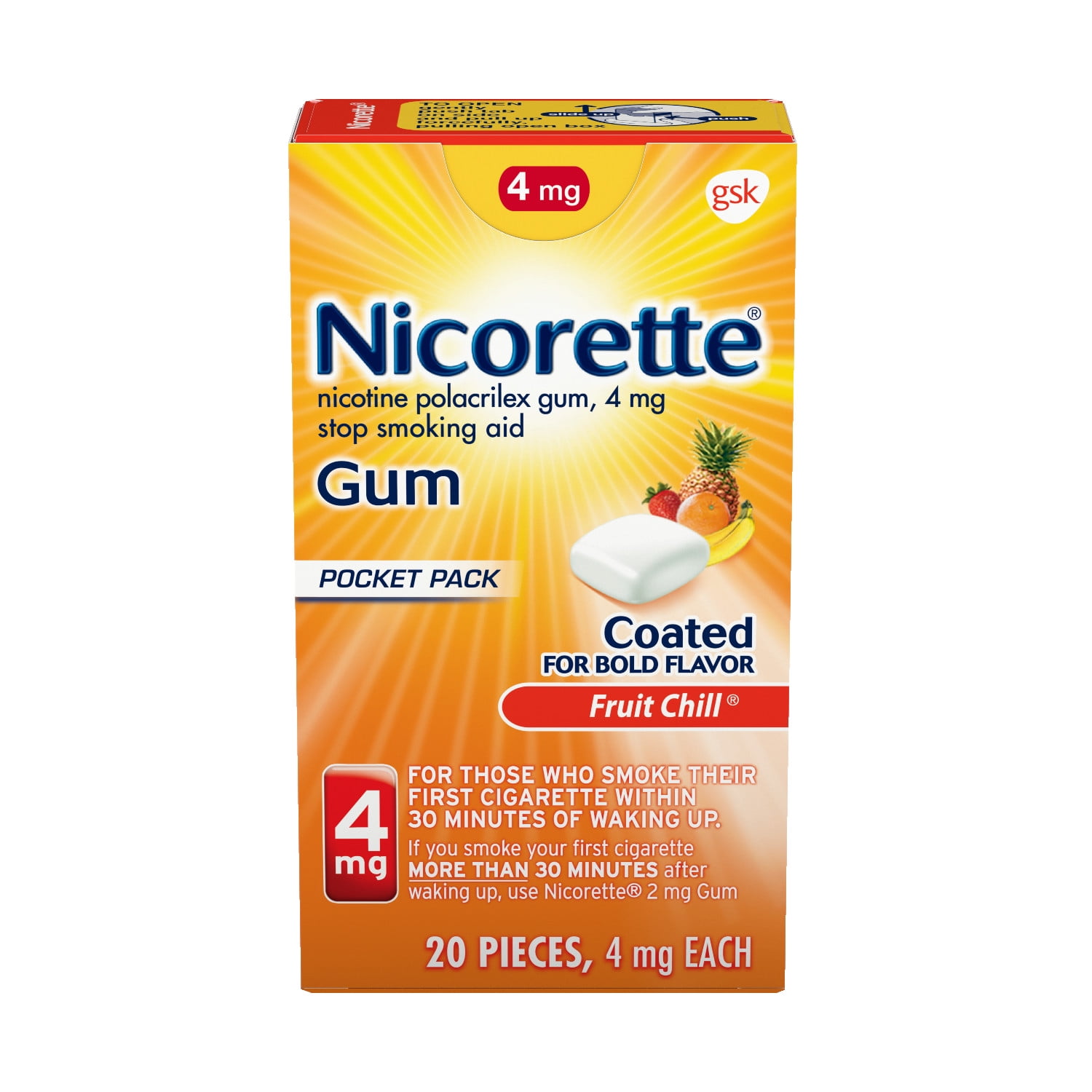

Factors that influence who will use tobacco include: Risk factorsĪnyone who smokes or uses other forms of tobacco is at risk of becoming dependent. To overcome your nicotine dependence, you need to become aware of your triggers and make a plan for dealing with them. Drinking coffee or taking breaks at work.Nicotine quickly becomes part of your daily routine and intertwined with your habits and feelings.Ĭommon situations that trigger the urge to smoke include: The more you smoke, the more nicotine you need to feel good. In the brain, nicotine increases the release of brain chemicals called neurotransmitters, which help regulate mood and behavior.ĭopamine, one of these neurotransmitters, is released in the reward center of the brain and causes feelings of pleasure and improved mood. Nicotine reaches the brain within seconds of taking a puff. Nicotine is the chemical in tobacco that keeps you smoking. If you stick it out and use stop-smoking products to help with withdrawal symptoms and cravings, the number of nicotine receptors returns to normal, helping you quit smoking for good. When you quit smoking, you cut off the brain's pleasure response because the receptors don't get nicotine, triggering nicotine withdrawal symptoms. Over time, the number of nicotine receptors increases and changes your brain's anatomy.

In many people, nicotine from cigarettes stimulates receptors in the brain to release dopamine, triggering a pleasure response. Using medications and working with a counselor specially trained to help people stop smoking (a tobacco treatment specialist) will significantly boost your chances of success.Īsk your health care team to help you develop a treatment plan that works for you or to advise you on where to get help to stop smoking. You're more likely to stop for good if you follow a treatment plan that addresses both the physical and the behavioral aspects of nicotine dependence. Most smokers make many attempts to stop smoking before they achieve stable, long-term abstinence from smoking. You're not alone if you've tried to stop smoking but haven't been able to stop for good. You may stop going to smoke-free restaurants or stop socializing with family or friends because you can't smoke in these situations. Even though you've developed health problems with your lungs or your heart, you haven't been able to stop.

You keep smoking despite health problems.Your attempts at stopping have caused physical and mood-related symptoms, such as strong cravings, anxiety, irritability, restlessness, difficulty concentrating, depressed mood, frustration, anger, increased hunger, insomnia, constipation or diarrhea. You have withdrawal symptoms when you try to stop.You've made one or more serious, but unsuccessful, attempts to stop. For some people, using any amount of tobacco can quickly lead to nicotine dependence.


 0 kommentar(er)
0 kommentar(er)
